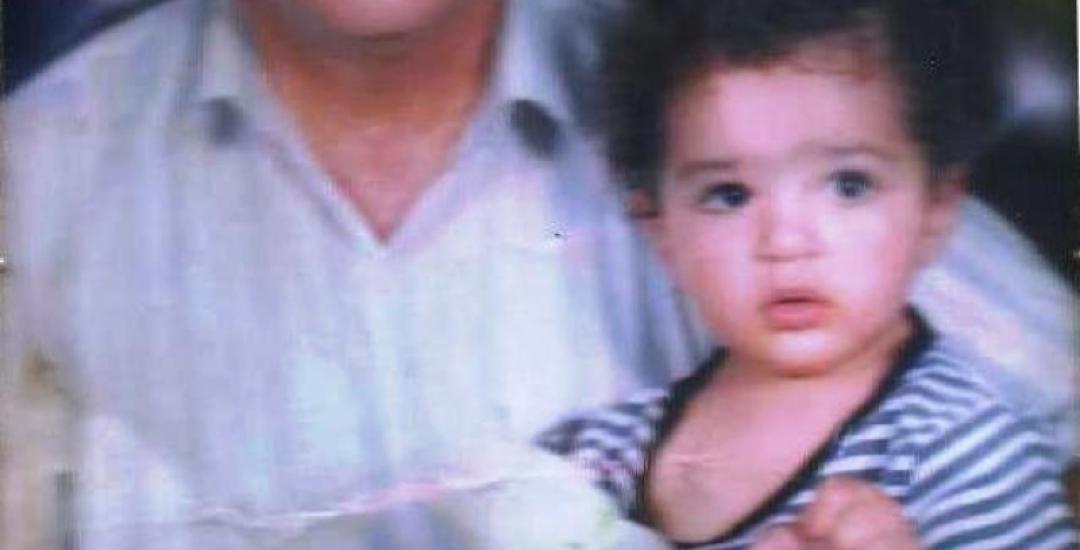
On 15 April 2015, Riad Abdel Majeed Al Obeidi was freed after 10 months of detention in the secret facility of the old Muthanna airport in Western Baghdad. Alkarama and Al Wissam Humanitarian Assembly had solicited the urgent intervention of the United Nations Committee on Enforced Disappearances (CED) on Al Obeidi's behalf three months after his abduction, leading to his successful release. As a State party to the 2006 International Convention for the Protection of All Persons from Enforced Disappearances (ICPPED) since 2010, Iraq must respond to the CED's urgent requests for information on the situation of a disappeared person.
Al Obeidi, a 61-year-old retired Air Force Brigade pilot from Al-A'amiriya, a neighbourhood in the Mansour district of Western Baghdad, was abducted on 1 June 2014 by a patrol of the 54th and 56th Brigades of the Army – also known as the "Baghdad Brigade" – and of the Iraqi National Intelligence and the Military Intelligence, who forced him into a car before taking him to an unknown location.
His family later learned that he had been secretly detained in the old Al Muthanna Airport in Western Baghdad, an infamous secret detention centre known for its systematic practice of torture, jointly run by the 54th and 56th Brigades and commonly referred to at the time as "Maliki"'s forces. In fact, although these Brigades technically fall under the Ministry of Defence, the Chief of Command systematically bypasses the Ministry and reports to the Office of the Prime Minister through the Office of the Commander in Chief of the Armed Forces.
From October 2014, following the CED's intervention, Al Obeidi's relatives had been authorised to visit him once a month. But during the first 45 days of his secret detention, he was held in solitary confinement in a sewage room, blindfolded and with his hands tied. He was severely tortured, beaten up with sticks, whipped, and repeatedly electrocuted, including on the most sensitive parts of his body. As a consequence of the torture he suffered, he lost sight in one eye and part of his hearing.
Al Obeidi was also forced to sign confessions that were later used to indict him in two cases, including on the basis of article 4 of the 2005 Anti-Terrorism Law under which defendants face the death penalty. The judicial authorities, however, ordered his release on 12 April due to the absence of any evidence to prosecute him. Three days later, Al Obeidi was finally set free and reunited with his family.
"We are extremely happy to hear that Al Obeidi was released, this is a victory," says Salam Al Hashimi, Director of the Al Wissam Humanitarian Assembly – an Iraqi human rights organisation documenting cases of disappearances and named after Al Hashimi's son, Wissam, who disappeared in 2005 – before expressing concern with regards to the "hundreds of people that are still secretly detained in the old Muthanna airport" as confirmed by Al Obeidi.
Alkarama and Al Wissam Humanitarian Assembly continue to receive several cases, old and recent, of enforced disappearances in the country. Both organisations therefore call upon Iraq – as the only State to have ratified the ICPPED in the Mashreq (and one of the few in the Arab world, with Mauritania, Morocco and Tunisia) – to set an example for other countries to put an end to this grave practice and to shed light on all cases of disappearances brought to their attention.
For more information or an interview, please contact the media team at media@alkarama.org (Dir: +41 22 734 1007 Ext: 810)
